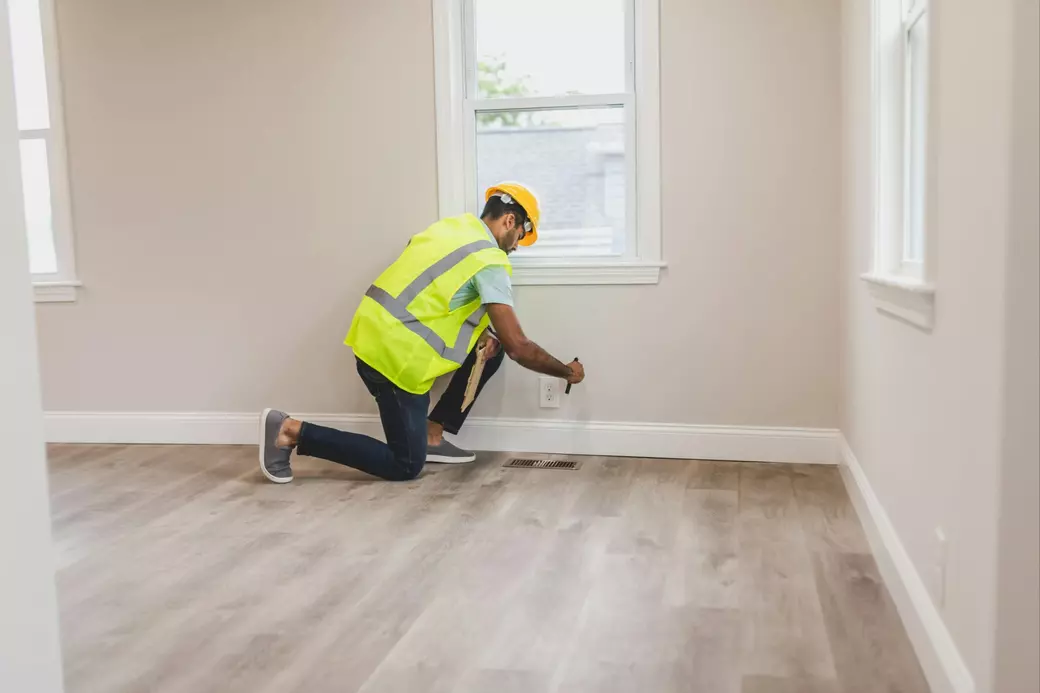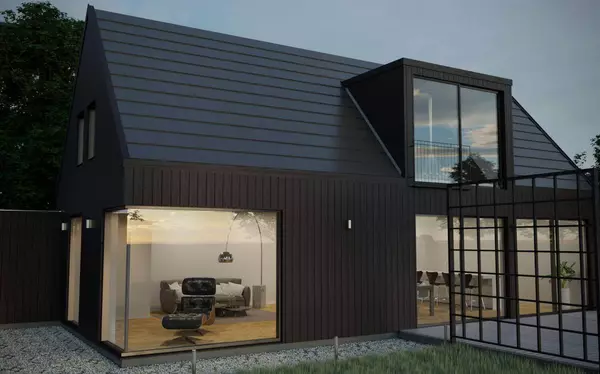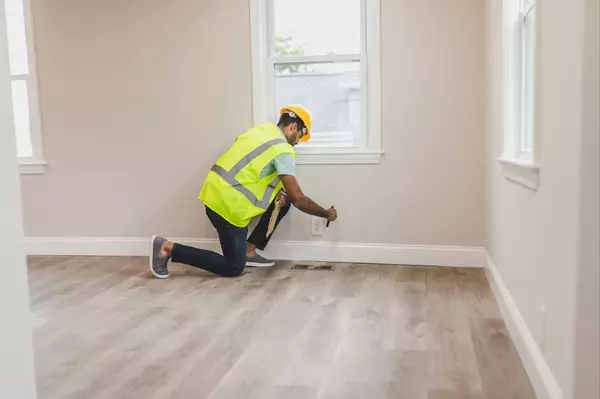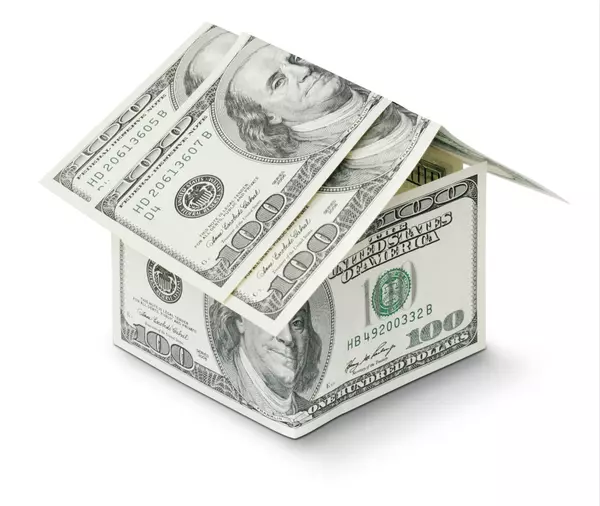What is a Home Inspection?

Purchasing a home is one of the most significant investments you’ll ever make, so it’s crucial to understand the home inspection process inside and out. A thorough home inspection helps you avoid costly surprises and ensures you're making an informed decision. Whether you are looking for "home inspectors near me" or wondering about "house inspection costs," this guide will cover everything you need to know about inspections, from asbestos testing to roof inspections and air quality assessments.
What is a Home Inspection and Why is It Essential?
A home inspection is a detailed evaluation of a property’s condition by a certified home inspector. This inspection typically includes an assessment of the home’s structure, systems, and components, such as plumbing, electrical, heating, cooling, and more. The main goal is to identify potential issues that could affect the home’s value, safety, and livability. Understanding this process is essential to avoid surprises down the road and ensure the home you purchase meets your needs and expectations.
Think of a home inspection as your opportunity to find out the true condition of the house. It's like taking a car to a mechanic before purchasing it, ensuring that there are no hidden issues that could cost you later.
How to Find the Right Home Inspector Near Me
Finding the right "home inspector near me" can be a daunting task, but it’s essential to have a reliable expert on your side. Here are a few tips to help you find a certified, trustworthy inspector:
- Research and Reviews: Search for "house inspector near me" on trusted review platforms like Google or Yelp. Reviews and testimonials from other buyers can give you valuable insights.
- Certifications and Qualifications: Make sure the inspector holds certifications from reputable organizations like the American Society of Home Inspectors (ASHI) or the National Association of Home Inspectors (NAHI).
- Experience: Look for a professional with experience in the local market and specific inspection areas (like mold, foundation, and roof inspections).
Home Inspection Cost: What to Expect
One of the first questions buyers have when scheduling a home inspection is, "What is the home inspection cost?" The price can vary depending on several factors, including the home’s size, location, age, and the type of inspection you need.
On average, home inspections cost between $300 and $500, but this is just for the basic inspection. If you need additional services such as a mold inspection and testing, asbestos testing, or a foundation inspection, the price can increase.
Factors Influencing House Inspection Price
- Property Size: Larger homes require more time and a more thorough inspection, which can increase the cost.
- Location: Home inspection prices can vary based on your location. Urban areas may have higher costs due to demand and cost of living.
- Specialized Inspections: Adding inspections like crawlspace inspection, roof inspector services, or air quality testing will add to the overall cost.
What Inspectors Look For During a House Inspection
During a home inspection, the inspector will evaluate the property to ensure everything is functioning properly and to identify any existing or potential problems. Below are some key areas a home inspector will assess:
Structure and Foundation Inspection
The structure of a home, including the foundation, is one of the most critical aspects of an inspection. Cracks in the foundation, settling, or water damage can indicate major issues that need immediate attention. A house inspector near me will examine the foundation carefully, looking for signs of shifting or unevenness. If any problems are found, a more detailed foundation inspection may be required.
Electrical, Plumbing, and HVAC Systems
Inspecting the electrical system, plumbing, and HVAC (heating, ventilation, and air conditioning) systems is also a priority. Problems in these systems can be expensive to fix and could potentially pose health or safety risks. The inspector will look for outdated wiring, faulty plumbing, or poorly maintained HVAC systems.
Roof and Attic Inspection
The roof is one of the most expensive components of a house to replace, so having a qualified roof inspector is vital. The inspector will check for signs of wear and tear, missing shingles, and water damage. Additionally, they will inspect the attic for adequate insulation and ventilation.
Crawlspace Inspection
Crawlspaces can often be overlooked but are essential for ensuring a home’s overall integrity. A crawlspace inspection checks for moisture, mold, pests, and structural issues. It’s a crucial area, especially in older homes where the foundation may have been compromised over time.
Mold and Asbestos Testing
If you are buying an older home or a home in a damp environment, you may need to request specialized tests like mold inspection and testing. Mold can cause health problems and indicate hidden moisture issues. Asbestos testing may also be necessary in homes built before the 1980s, as this material can pose serious health risks.
Home Air Quality Testing
Air quality testing is a valuable inspection, especially in homes with older HVAC systems, poor ventilation, or in areas prone to pollution. It helps ensure that your future home offers a healthy living environment.
Common Findings and How to Respond
Home inspections often uncover issues that require attention. While some of these findings might seem alarming, many can be addressed or negotiated with the seller. Below are common inspection findings and how you should respond:
Minor Issues
- Cosmetic Issues: These can include minor cracks in the wall or small dents in fixtures. They are not a major concern but can be used in negotiations for a price reduction.
- Electrical or Plumbing Problems: If the issue is minor (e.g., a leaky faucet or a non-functional light switch), it can often be fixed quickly by a professional.
Major Issues
- Foundation Problems: Serious foundation issues, such as cracks or settling, may require extensive repairs. In this case, you should request a specialist’s opinion and negotiate repair costs or ask for a price reduction.
- Mold or Asbestos: These can be hazardous to your health and typically require remediation. You should get quotes from certified specialists and discuss them with the seller.
Preparing for a Home Inspection
To make the most of your home inspection, preparation is key. Here are a few tips to ensure everything runs smoothly:
- Attend the Inspection: If possible, attend the inspection in person. This allows you to ask the inspector questions and get immediate answers on any concerns you have.
- Make Sure the Inspector Has Access: Ensure that the inspector has access to all necessary areas of the house, such as the attic, basement, and crawlspace. Clear any obstructions before the inspection.
- Review the Report: After the inspection, you’ll receive a detailed report outlining the inspector’s findings. Take the time to review the report carefully and consult with your real estate agent about the next steps.
Your Role in the Inspection Process
As your agent, we’re here to guide you through the inspection process. We’ll help you interpret the findings, advise you on how to respond, and ensure that you’re protected. If necessary, we’ll assist in negotiating with the seller to address any issues discovered during the inspection.
Remember, the home inspection process is your opportunity to ensure that the home you’re buying is safe, functional, and worth the investment. By understanding the inspection process, choosing the right inspector, and knowing what to look for, you’ll be in a stronger position to make informed decisions and negotiate effectively.
Categories
Recent Posts










GET MORE INFORMATION

